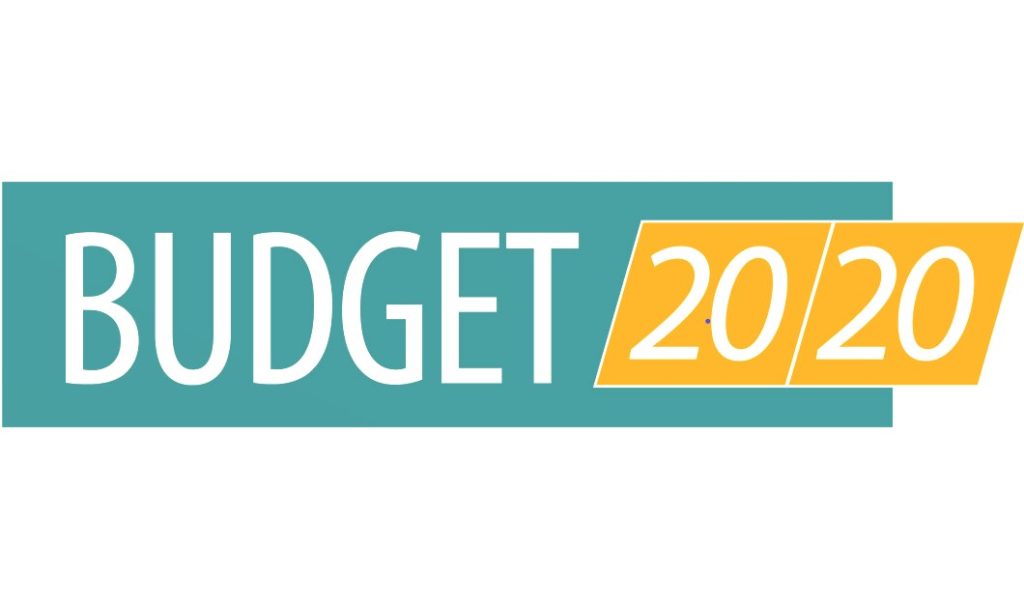While not every person’s desires were met, the Foreign Minister (FM) proposed certain expensive changes to the annual duty law as a stage towards finishing the mammoth assignment of boosting the economy. Here are the distinct advantages from the Union Budget 2020.

1. Removal of Dividend Distribution Tax (DDT):
DDT is payable by an organization at the pace of 20 percent at the hour of presentation/circulation of profits to its investors. The profits, so got, is excluded in the hands of the investors (aside from if there should arise an occurrence of certain occupant non-corporate citizens).
The FM today proposed to move back this duty. Be that as it may, prominently, the profit salary would at last be assessable in the hands of the investors according to the material personal duty or piece charge rate. Basically, the expense frequency has been moved from the organization to its investors.
Further, the organization disseminating the profit would need to deduct charge at the pace of 10 percent if the investor is an inhabitant and if there should be an occurrence of non-occupant investors at the pace of 20 percent (in addition to material extra charge and cess), subject to help under the tax bargain. For occupant corporates, to moderate any falling impact of profits there is an alleviation given whereby in a multi layered structure, profits would be saddled just once.
Strangely, the investors might have the option to balance premium costs which were in any case not permitted, subject to a top of 20% of their profit salary.
2. Sovereign finances salary exempt from tax
The Government has proposed to not collect tax on venture pay in the interest, long term capital increases and profits emerging to a ‘sovereign riches finance’ or completely claimed subsidiary of the Abu Dhabi Investment Authority (ADIA), by ethicalness of interest in certain Indian framework organizations, subject to specific conditions.
It is intriguing to take note of that the current India-UAE charge arrangement provided certain exceptions to ADIA, presently reaching out to its completely possessed auxiliary, is an invite move. Likewise, government possessed assets, on the off chance that it meets the trial of ‘sovereign riches subsidize’, can lead to the gold rush for the foreign giants to invest in Indian economy.
3. Deferment of tax tax from ESOPs
Employees are taxed when they practice the alternatives allowed under an Employee Stock Option Plan (ESOP) and get shares. This prompts a notional taxation in their grasp and makes liquidity smash as they are burdened forthright despite the fact that they have not understood any ‘genuine’ advantage.
Maybe, inferable from this, numerous organizations typically connected the activity of choices under ESOP with a liquidity occasion. Given that development of new companies, are unavoidably depended on ability and ESOPs are an apparatus for ability maintenance, the legislature has proposed delay of ESOP tax collection for workers of new companies which would surely give a genuinely necessary rest to them.
4. Stringent rules for assurance of individual residency:
Individual who is a resident of India, would be regarded to be charge inhabitant of India, in the event that he isn’t subject to assess in some other nation by virtue of his home, living arrangement or other comparable criteria.
This will surely adversy affect the NRI people group, and they would need to intently watch the advancements right now keep away from any unintended Indian expense outcomes.
5. Reinforcing zero resilience of tax provocation:
In the spending discourse, ‘Vivad Se Vishwas’ plan has been proposed wherein a citizen is required to pay just the measure of the contested taxes and is proposed to get total waiver of intrigue and punishment gave, he pays the appropriate charges by 31 March 2020.
Citizens in whose cases claims are pending at any level can benefit this plan. This plan would go far in lessening the tax badgering, one would trust that is actualized soon as it doesn’t discover its place in the fine print of the Finance Bill.
